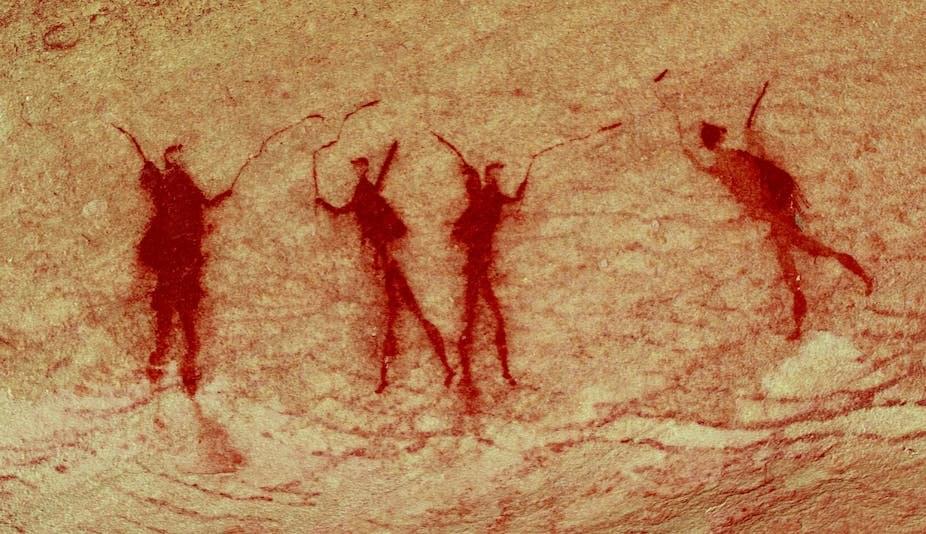
Improvisation is a Traditional Skill
2 minute readAlthough it has become rare in the present-day classical community for musicians to improvise, improvisation is actually a traditional skill with incredibly ancient roots.
If you think about it, musicians around the world have been playing by ear and creating music spontaneously much longer than they have been reading from written scores. Here’s a little bit of history.
The oldest known example of music notation is a cuneiform tablet dating to around 1400 BCE, seen below, which was found in Nippur, a city of ancient Babylonia (modern-day Iraq.) The Greeks had a form of musical notation in use between about 600 BCE and 400 CE. European musical notation got its start around 850 CE. The Church wanted to standardize the chants so everyone would conform to the same liturgical melodies.

3400 years of musical notation may seem like a lot, but humans have been making music for at least 40,000 years! Probably much longer. Check out this article in the NY Times about Stone-Age flutes. The oldest musical instrument, made by Neanderthals, is 60,000 years old!
Our ancestors were inspired to make expressive sounds by the world around them - by birds, animals, insects, water, and wind - and they were moved by their own emotions and spiritual experiences to sing and dance. Tribal traditions emerged and were transmitted orally and aurally. Below is a photo of a rock painting in South Africa, which archaeologists believe represents people playing whirling aerophone instruments called !goin !goin. (Did you know there is a branch of archaeology called archaeoacoustics, specializing in prehistoric music research?)
In more recent centuries, many European classical musicians improvised. A long line of composers like Corelli, Bach, Mozart, Mendelssohn, Beethoven, Chopin, Lizst, Paganini, and many others were famous for their improv. In the Baroque and Classical periods, it was common for performers to improvise ornamentation and create their own cadenzas for concerti. This skill became less and less practiced in the 20th Century.
Don’t get me wrong - I’m not against notation and reading music! Notation is an amazing invention for sharing music over long distances and periods of time. It’s good for preserving compositions by individuals. It’s also great for coordinating the efforts of large groups of musicians.
However, I do believe we can reclaim our ancient ability to create music spontaneously. We can let go of our dependence on the written score and learn to trust our inner impulses to express ourselves in sound. We can tune in to situations in our lives and create music in response to what feels right for that time and place. We can experience the freedom of choosing notes, rhythms and sound qualities for ouirselves, unmediated by another composer.
It is the purpose of String Sound Playground to provide a supportive community and a structured approach for musicians to reconnect their instincts, intuition, and imagination to the skills they've developed on their instruments.
What story do you want to tell through music? What emotions do you want to convey? What adventures do you want to have by exploring the possibilities of your sound?
Please consider joining the program at a Special Labor Day week sale price on our intensive course, Break Free from the Page: Liberate the Creative Musician Within You!
For an introduction to Gloria's approach and to begin improvising right away, please join a free workshop, You Can Improvise and Be Creative with Music!
